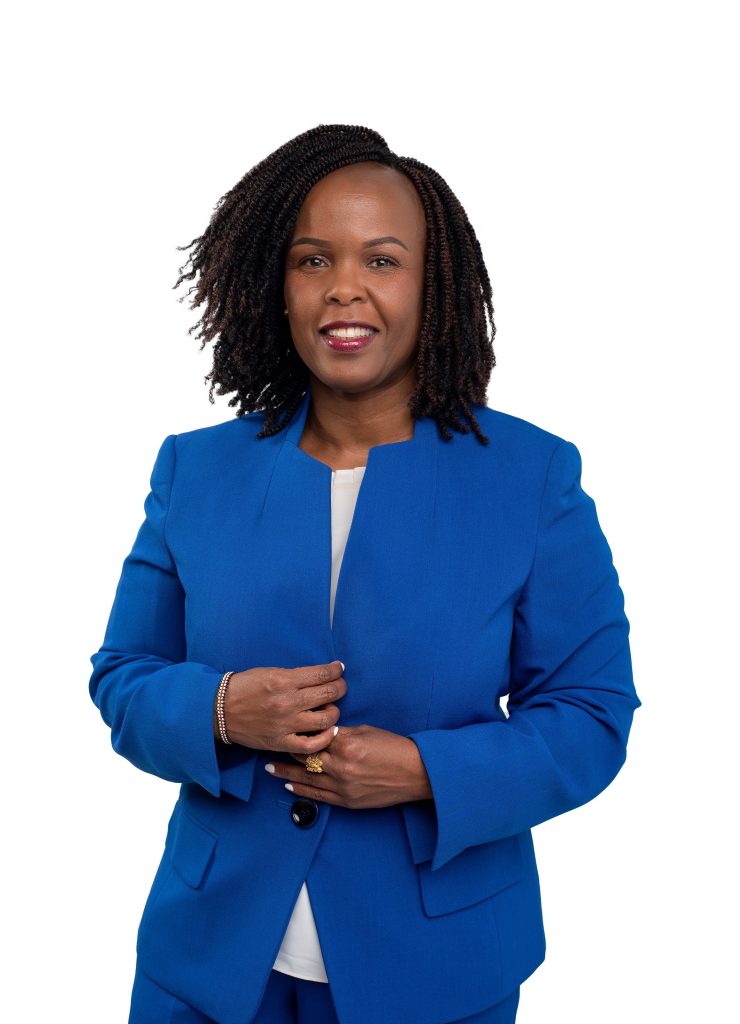The banking industry has historically been viewed as a male-dominated industry, lacking diversity and inclusion. However, there has been a growing recognition in recent years that diversity, equity, and inclusion (DEI) are essential for businesses to thrive. Stanbic Bank Kenya, one of the leading banks in Kenya, has taken significant steps to create a more diverse and inclusive workforce.
Recently we spoke to Neema Onsongo, Head of People & Culture at Stanbic Bank Kenya, to discuss the importance of DEI in the banking industry and how banks can create a more inclusive workforce.

Neema highlighted the importance of diversity and inclusivity to the success of any organization, citing at Stanbic they have been able to create a more inclusive workforce by closing the gender gap between men and women leaders which currently stands at 48% women to 52% men as they work on the 50/50 rule.
Stanbic has also been able to onboard people from different age groups to create an environment where employees can bring their full selves to work, feel valued, and contribute to the success of the organization.
“We are diverse in terms of age as well. As I mentioned earlier, our average age is 37 so we’ve got a good spread. When you’re in a meeting room, it visible that there is a balance of ages. We include the younger generation in conversations and encourage them to speak up.” Neema Osongo.
Further, Neema emphasized the importance of leadership buy-in to create a more inclusive workforce.
”Leaders are expected to carry themselves in a certain way and set an example for the rest of the organization to follow. This means creating an environment where everyone feels welcome and valued, regardless of their race, gender, sexual orientation, or any other characteristic.”
The banking industry has a critical role to play in promoting diversity and inclusion in society. Banks are at the forefront of driving economic growth and development, and they must serve a diverse customer base.
By creating a diverse and inclusive workforce, Stanbic Bank has been able to better understand and serve its customers’ needs and contribute to a more inclusive economy.
READ; Akin Dawodu: Citi’s Cluster Head for Sub Sahara Africa on the State of Banking




